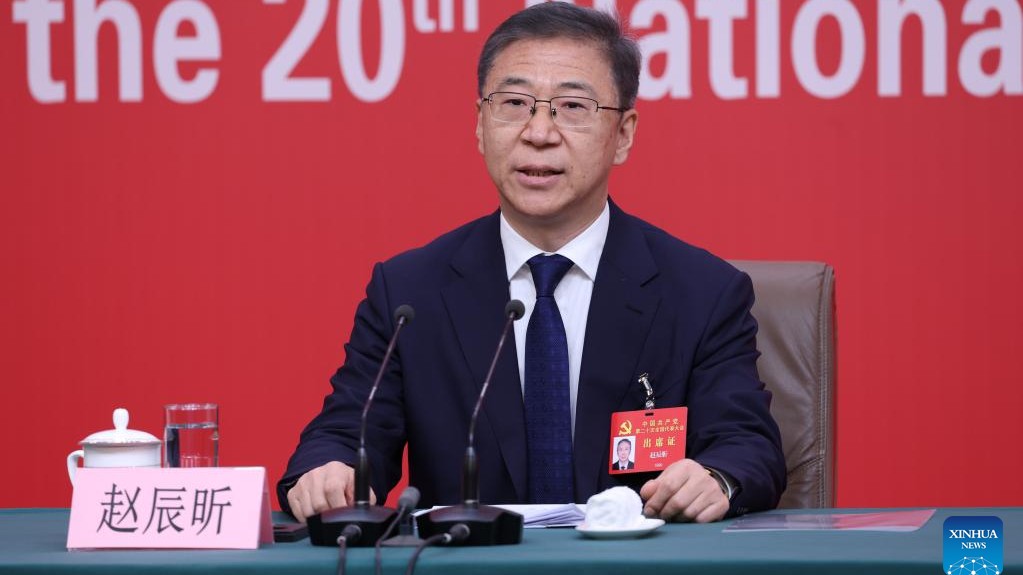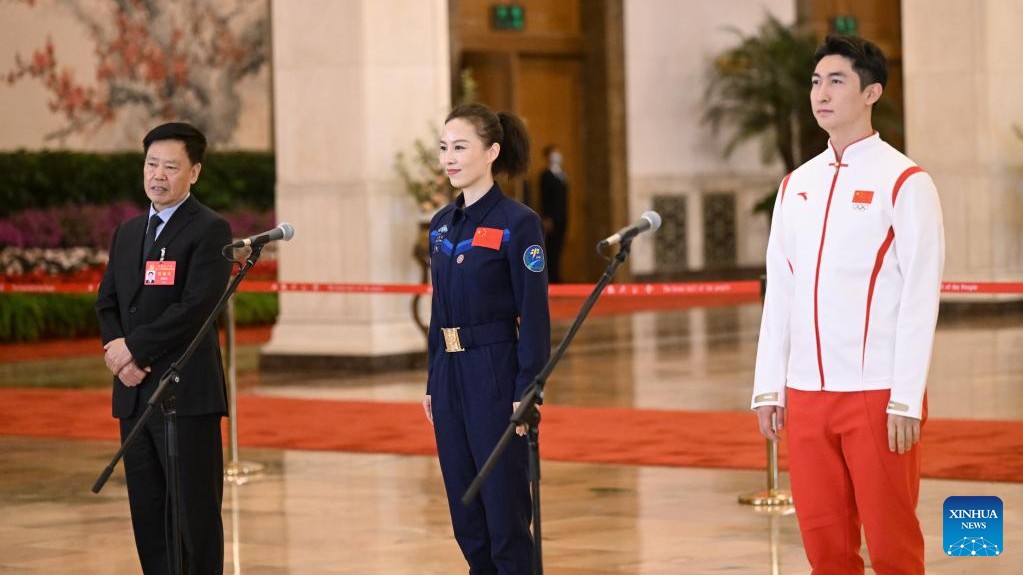Grenville Cross says the existential threats facing the city cannot simply be disregarded, and no country would tolerate urban warfare waged in pursuit of political objectives
When an exorcism is conducted, the possessed person is said to snarl, scream and gesticulate wildly, with peace descending only once the devil inside departs. This analogy springs to mind upon witnessing the reactions of the Hong Kong protest movement, and its foreign backers, to the incoming national security law. Although the protesters have got away with subversive activities of all types over the past year, they can now see the writing on the wall, and they recoil in horror as justice approaches.
Those who have indulged in violent separatist activities may have particular cause for concern. Their graffiti, which they scrawled on the walls of the Legislative Council building after they smashed their way in on July 1, proclaimed that "Hong Kong is not China", and this, coupled with their frequent calls for both "Hong Kong independence" and the "revolution of our times", may soon come back to haunt them. It could also give those who egg them on in foreign parts pause for thought, although we should not hold our breath.
On May 19, for example, in a show of solidarity with the Hong Kong separatists, Republican Congressman Scott Perry introduced Resolution 6947 into the US House of Representatives. This authorizes the US president to treat Hong Kong as a "separate, independent country". Instead of being summarily binned, however, the resolution was referred, for further consideration, to the House Foreign Affairs Committee, of which Perry is a member. This, as with similar moves in relation to Taiwan, Tibet and Xinjiang, is a vivid demonstration of how foreign forces are working in tandem with local separatists to divide China. Although this will never happen, there is no room for complacency, even after the national security law is enacted.
The separatists have acquired vast quantities of explosives and weaponry, and nobody should underestimate their ability to retaliate as the net closes in on them. In July, for example, the police seized 2 kilos of tri-acetone tri-peroxide (TATP) at a storage unit in Tsuen Wan used by the pro-independence Hong Kong National Front, along with independence leaflets.
In November, further quantities of TATP in powder form were seized at the Caritas Ma On Shan Secondary School, with students claiming it had been supplied by a black-clad man in Mong Kok. What makes the seizures so concerning is that TATP is the explosive of choice of international terrorism, having been used in the London bombings of 2005, the Paris bombings of 2015, and the Sri Lanka bombings of 2019. Quite how TATP was obtained is unclear, but it shows the lengths to which the anti-China forces are prepared to go, and the twin seizures represent a wider threat.
Indeed, since June last year, the police have investigated 15 significant bomb cases altogether, and 2.6 tonnes of chemicals were seized in early March alone. Explosives apart, there have also been seizures of large amounts of assault rifles, hand guns and bomb-making equipment, although much of the weaponry undoubtedly remains undetected. The outrages could resume at any time, and there is no reason to suppose that, as previously, when they attacked mainland people, institutions and businesses, the fanatics will not again be trying to undermine the country as a whole.
This explains why Hong Kong urgently needs a law prohibiting subversive and secessionist activities, as well as associated terrorist acts. As Hong Kong, after 23 years, has been unable to enact the national security laws required of it under the Basic Law's Article 23, the National People's Congress has been left with no choice but to plug the gap. The existential threats facing Hong Kong cannot simply be disregarded, and no country in the world would tolerate a situation in which urban warfare was waged on its streets in pursuit of political objectives, as the United States has itself shown over the past few days, by its reaction to the riots following the police-killing of the African American, George Floyd.
Hong Kong citizens, moreover, who collude with foreign powers to harm the city and its officials, must obviously also be prosecutable. The spectacle, for example, of public officials going to the United States, to beg for laws which will be deleterious to Hong Kong, will have disgusted all right-thinking people. Although such conduct is already capable, as the Secretary for Justice, Teresa Cheng Yeuk-wah, the Commissioner of Police, Chris Tang Ping-keung, and the ICAC Commissioner, Simon Peh Yun-lu, are all hopefully aware, of constituting the offense of misconduct in public office, it must, together with all other forms of illicit foreign interference, be explicitly criminalized, and visited with condign punishment.
The NPC, however, while having no choice but to protect "one country, two systems", has adopted a minimalist approach, and the national security law will only give the authorities the tools they need to combat the immediate dangers. China's Vice-Premier Han Zheng has, therefore, emphasized that it remains Hong Kong's own responsibility to enact Article 23 as soon as possible, meaning the outstanding areas of treason, sedition and theft of state secrets.
Although the US has its own highly draconian national security laws, enforced by a battery of agencies, President Donald Trump, with brazen hypocrisy, has now announced that, in retaliation, he intends to end Hong Kong's special trading status, and sanction its officials. He calls the decision a "tragedy", but let nobody be fooled by his crocodile tears, as his ulterior motives are obvious. Although Hong Kong's high degree of autonomy is intact, as also is its unique way of life, this counts for nothing in America's book. Despite the rights of its citizens being underpinned by the International Covenant on Civil and Political Rights, and notwithstanding its independent judiciary and world-class financial and legal arrangements, Trump is willing to sacrifice Hong Kong, in order to poke Beijing in the eye, and win himself some cheap votes in his bid for re-election in November.
Although the US will not want to lose the huge profits it makes out of Hong Kong, let alone the base it provides for extending its influence, it sees the city as expendable. Hong Kong is just another pawn in its geopolitical rivalry with China, which is why, even after it morphed into an armed insurrection, it has given so much encouragement to the protest movement. If Hong Kong is now destroyed in the process, the US will shrug its shoulders, say "what a pity", and dismiss it as "collateral damage".
Hong Kong, however, is a great survivor, and nobody who knows its true character, innate strengths and resilience will write it off. It survived the Japanese invasion in 1941, pulled through countless plagues and natural disasters, and weathered some devastating financial crises. It still has many real friends, both in Asia and beyond, who have stood by it through thick and thin, and have always valued its contributions. As a member in its own right of the World Trade Organization, Hong Kong will remain an open commercial city which, while developing its existing trading partnerships, will now also cultivate new ones. It must not only leverage on its traditional strengths in finance, logistics and tourism, but also grow its expertise in, for example, innovation, digital technology, cultural, educational and medical services.
While remaining outward looking, Hong Kong also has huge opportunities opening up for it in greater China. The Guangdong-Hong Kong-Macao Greater Bay Area is developing into an economic powerhouse, rivaling Silicon Valley and the Tokyo Bay Area, and, with its unique talents, Hong Kong can make a distinctive contribution. More broadly, its forensic, trading and other skills, as well as its connectivity, can also facilitate the successful development of the Belt and Road Initiative. If Hong Kong, by playing to its strengths in new and developing arenas, can now re-focus itself, there is no reason at all why it should not have a very bright future.
As the American academic, Leon C. Megginson, once said: "It is not the strongest or the most intelligent who will survive, but those who can best manage change". Instead, therefore, of feeling sorry for itself, Hong Kong must react positively to its new circumstances, and embrace the opportunities appearing on the horizon. What better response could there be to Trump's malevolence.
The views do not necessarily reflect those of China Daily.










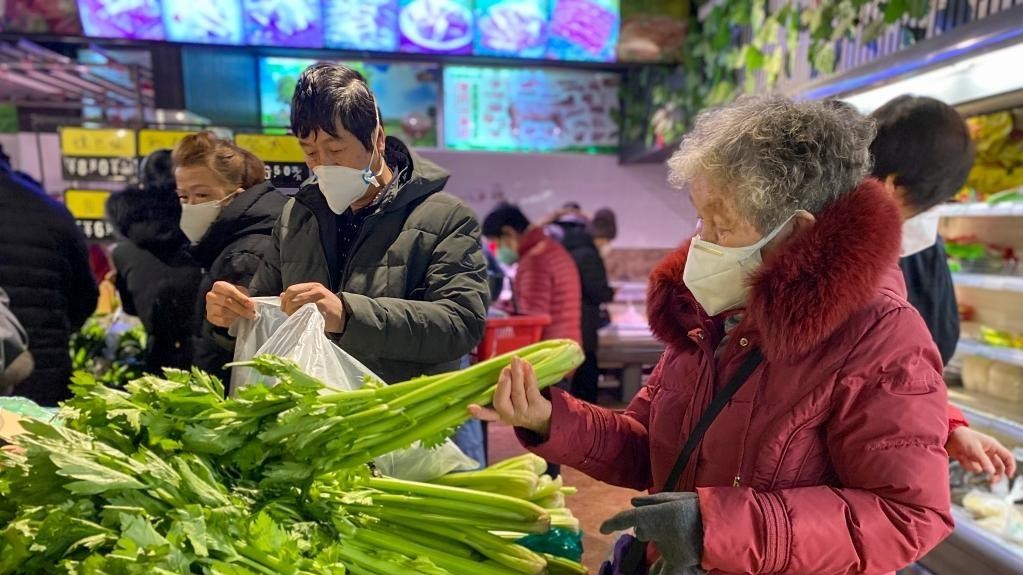

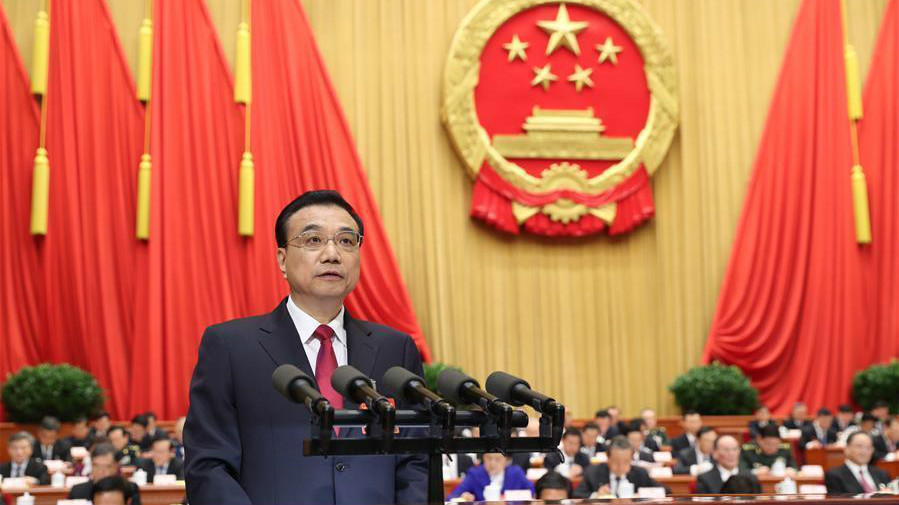

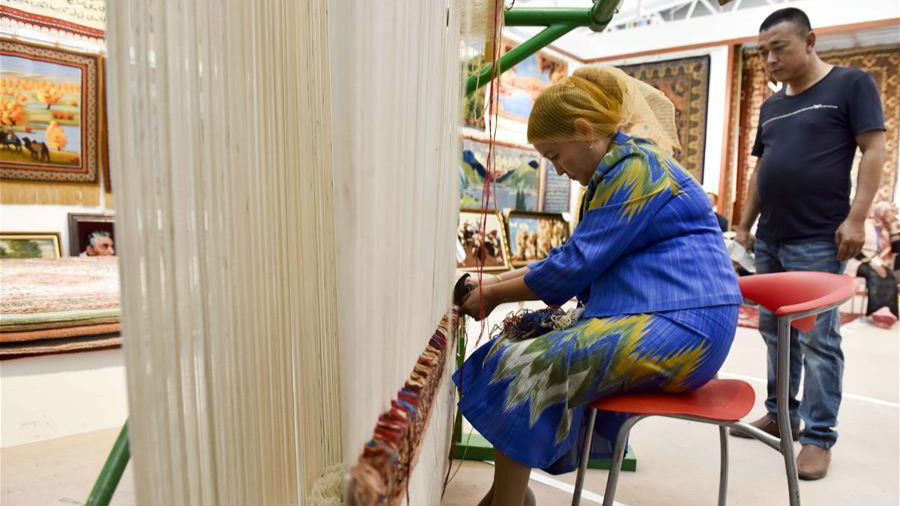
.jpg)
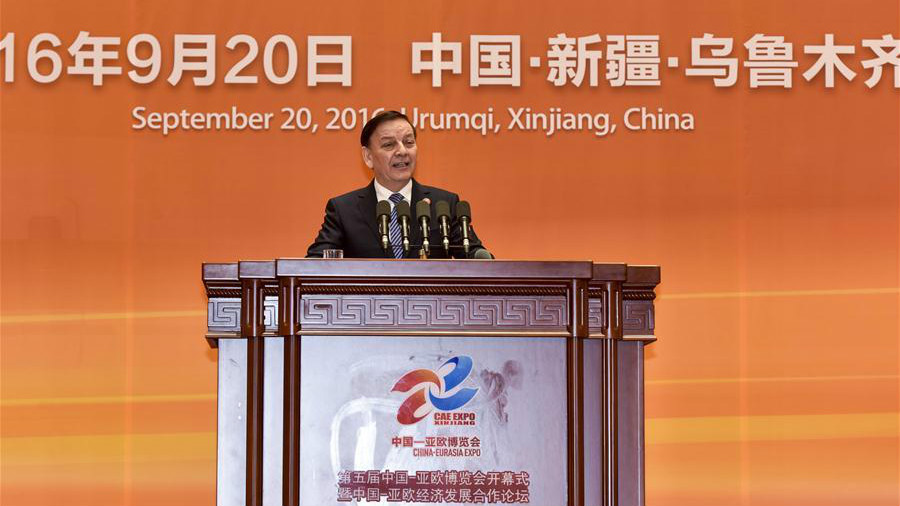
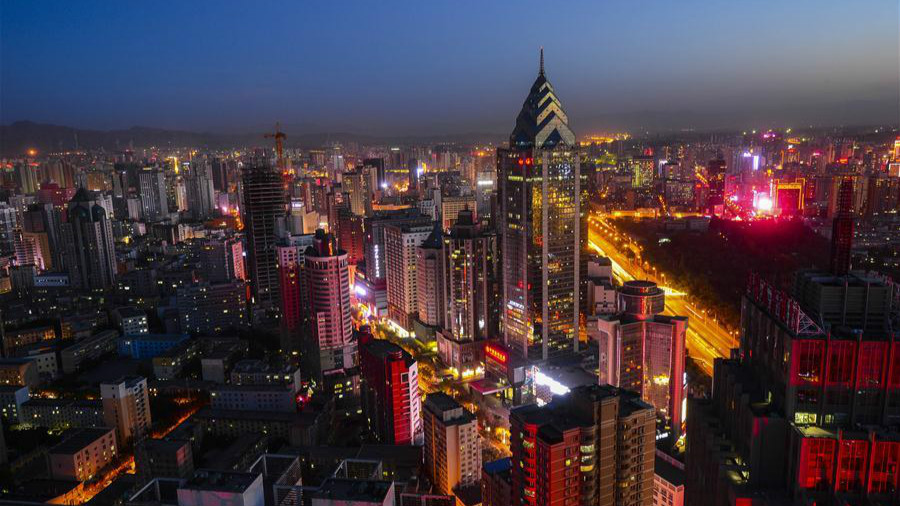

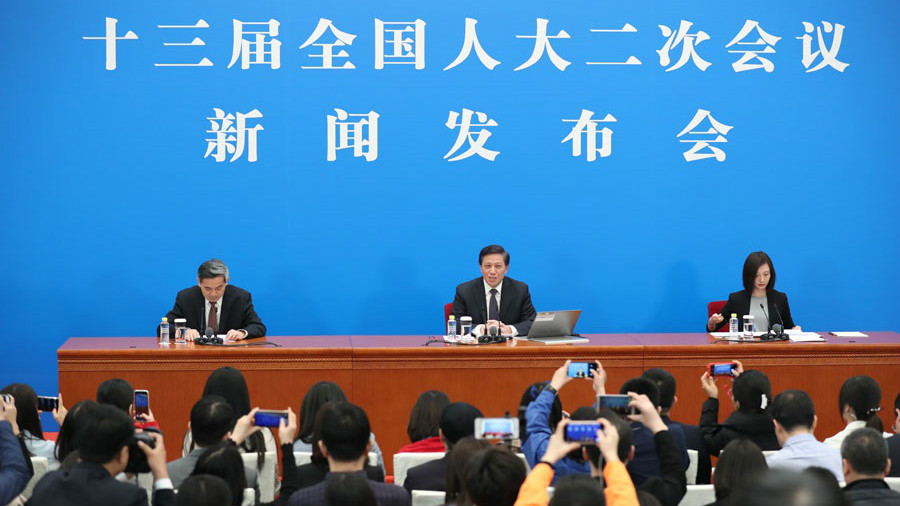

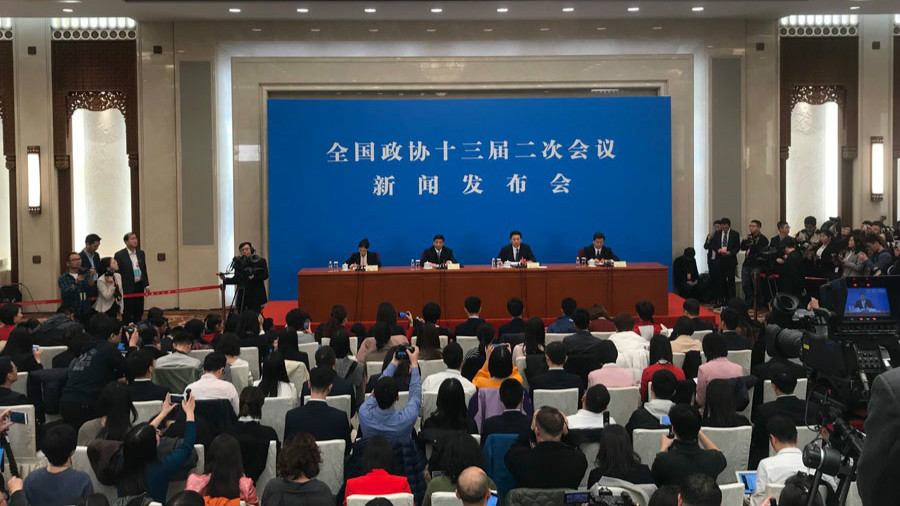
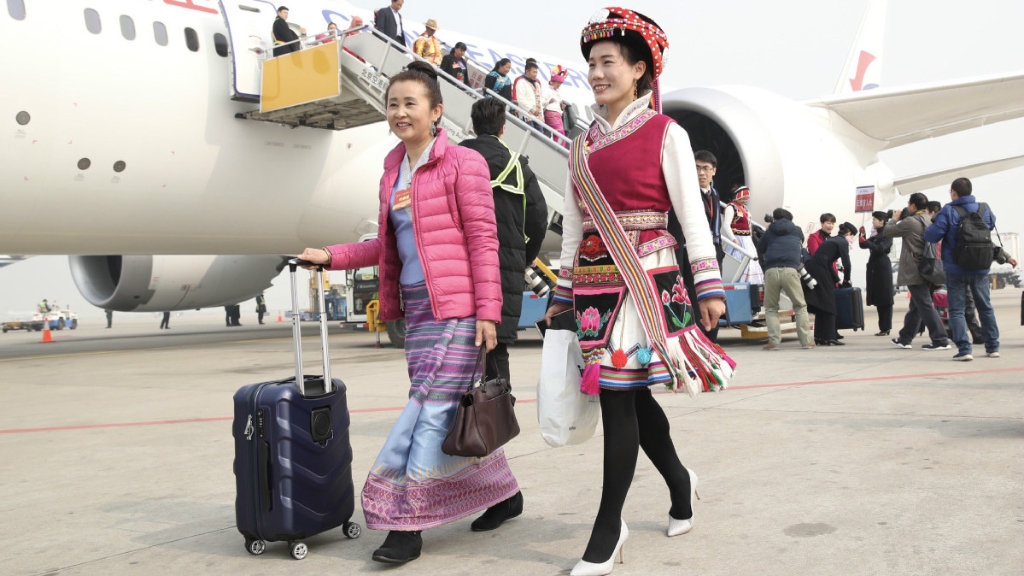
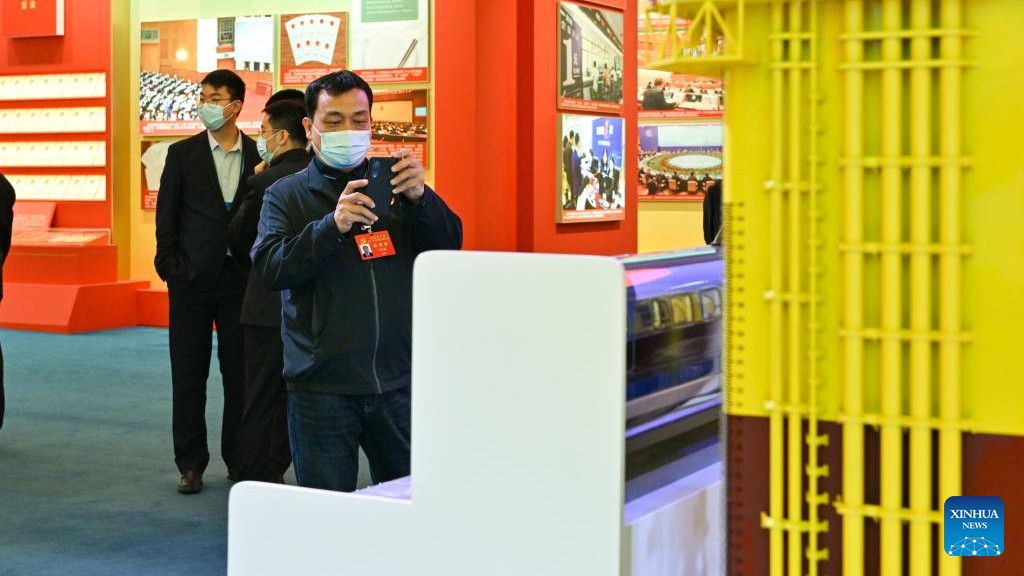
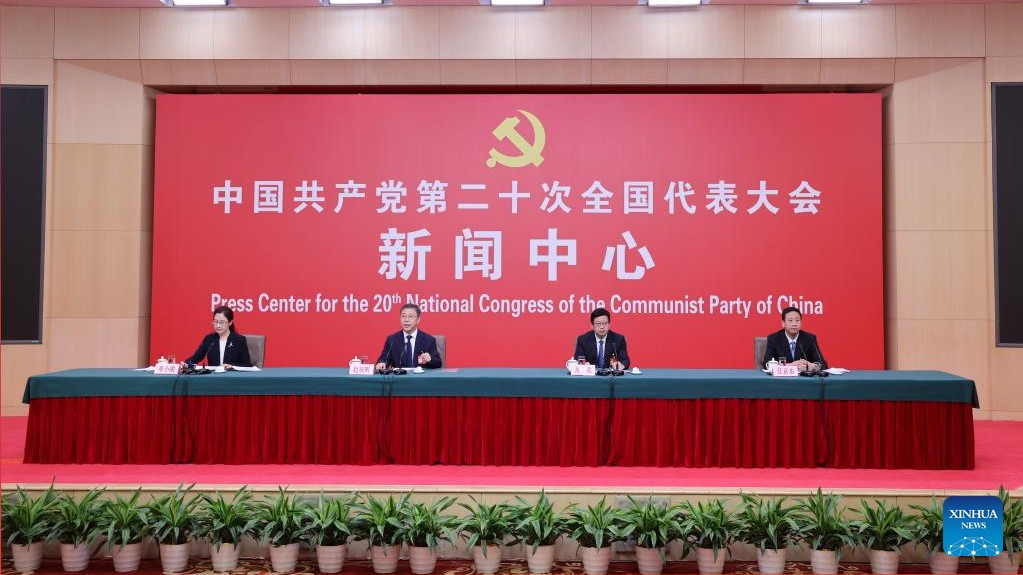
.jpg)
